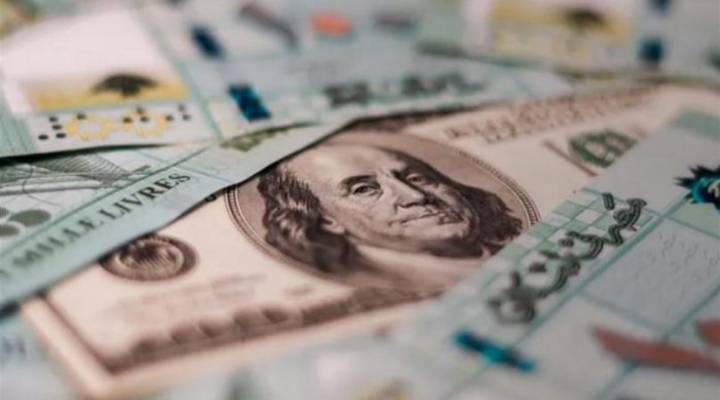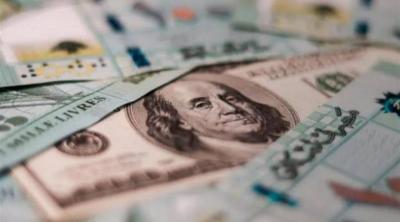The black market dollar has become a concern for Lebanese individuals in their daily lives, with news about its rise or fall becoming more significant than any updates related to the election of a president for the country amidst a presidential vacuum that negatively impacts the internal situation. The political turmoil in addressing constitutional deadlines and the further collapse of financial and economic markets have led to an upward trend in the black market dollar, which witnessed fluctuations this week that could stabilize at an increase, especially since some expect it to reach 50,000 Lebanese pounds. Is this talk true or merely "fortune-telling"? Economic and financial expert Professor Jassim Ajaka outlines through "Al-Markazia" the factors that may influence the rise of the dollar exchange rate in the coming weeks and months, the most prominent of which are:
- **Customs Dollar and Circular 151**
Ajaka expects the customs dollar to be raised next week to 15,000 pounds, as approved by the parliament, accompanied by an amendment to Circular 151 that will raise the banking dollar from 8,000 pounds to 15,000 pounds. According to Ajaka, these two factors will inevitably have a inflationary impact on prices, as traders will likely raise the prices of goods by at least 20%, a proportion that buyers will have to pay in cash, leading to more money printing by the central bank, and subsequently increasing the money supply in the market. This will inevitably cause inflation, thus driving up the black market dollar. Despite traders having begun importing goods since last September and storing them in warehouses to sell later to citizens based on the new customs dollar, yielding significant profits.
- **Political Reality**
The political atmosphere has had a negative impact and did not help to rein in the exchange rate. In this context, Ajaka notes that the central bank's intervention in the market through a circular issued by the governor days before former President Michel Aoun left Baabda Palace did not coincide with political reassurance or trust from citizens and traders, which kept the demand for dollars high, causing its price to rise again.
- **Smuggling**
The most significant factor contributing to the rise of the dollar is smuggling, which remains active and on the increase, particularly the smuggling of fuel where demand has surged significantly at the onset of winter. This justifies, according to Ajaka, the substantial rise in diesel prices, breaking the traditional pattern where a barrel of diesel was equivalent to half a barrel of gasoline; today, we observe the opposite.
- **Electricity Funding**
Another essential factor contributing to the increase in the dollar exchange rate in the parallel market is the funding of electricity from the central bank’s reserves in hard currency, especially after the bank's approval to secure 700 million dollars to support the electricity plan.
In conclusion, Ajaka affirms that these factors drive the black market dollar upward, while simultaneously refusing to specify the number it might stabilize at, as doing so would turn it into a kind of "fortune-telling."




